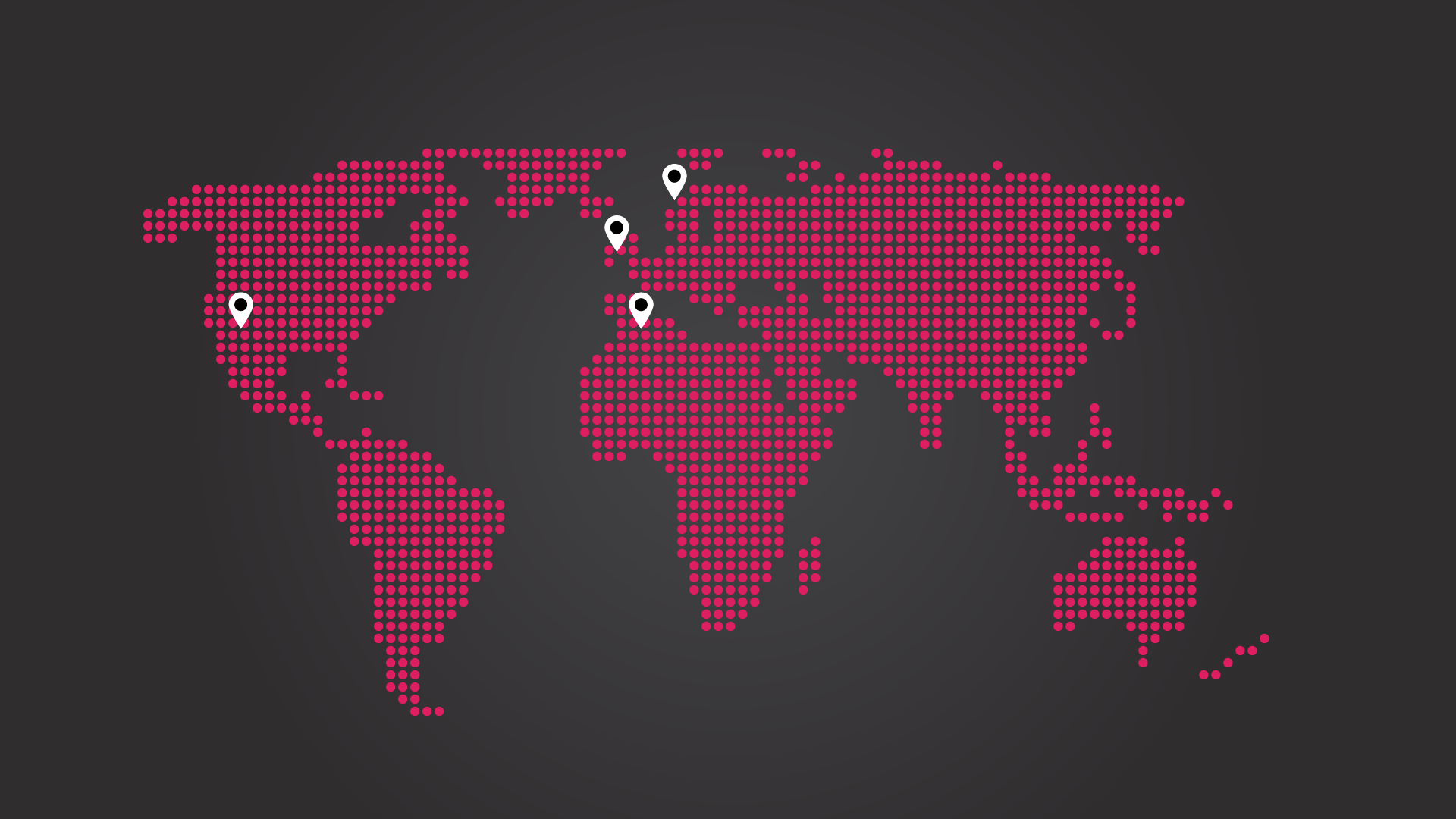



Global Online Thought Leadership Event
Find inspiration to overcome the VUCA conditions to redefine the future.
Hear from the best Agile, Leadership, Management & Spiritual minds.
Gain new insights and embrace new perspectives.
Learn how you can be future ready in changing times.
Join the pioneers and participants from all across the world.
Come together to imagine and define future, and overcome uncertainty.
Global Online Thought Leadership Event
The world is changing constantly. It has certainly changed forever due to the outbreak of COVID -19.
Our mission is to address the challenges created by this pandemic, and guide the industry to overcome the uncertainty by bringing the best knowledge and information from the pioneers of our world, and take the conversation forward to be more Agile as an industry.
‘Remote’ and ‘online’ are now new realities. Our goal is to discover their impact, suggest changes, guide in implementation and mature on practices in the current situation.
Join us in 'Envisioning the Future'
Global Online Thought Leadership Event


The future feels more uncertain than ever, but we can be sure that the world won’t be the same “after.” As every facet of our work continues to change, so must leadership.
In this session, agile thought leader and learning expert Shane Hastie will explore what effective leadership looks like in an exponentially changing world. Leading with agility requires that we move beyond bad habits and adopt new principles of leadership. This change starts from within.
Join this session to explore how to change oneself first by developing personal agility and then develop people through meaningful relationships. Gain a deeper understanding of what it means to elevate, not delegate, and unearth the tenants behind an effective leadership development program in a world where agility is more important than ever.

The Institute for the Future suggested Adaptive Thinking could be one of the Top 10 skills we’d need for these times – and how prophetic they were!
Adaptive thinking is how we need to have a ‘proficiency at thinking and coming up with solutions and responses beyond that which is rote or rule-based.’
‘Rote’ is when we might use habitual, mechanical or repetitive thinking, solutions and ideas that we’ve tried before. We can most certainly get into habits that are neither adaptive or flexible.
So how adaptive are you? Are you able to respond to new and unique circumstances or do you go with the previous ways you’ve done things?
When we are asked to change, or need to lead others in change, it’s how we think - and how we adapt how we think - that is at the heart of it.
Join this session that uncovers;


Private Sector, Public Sector, and Community organisations all make bad decisions under stress. In the age of Covid-19, the consequences of most bad decisions are exponentially terrible. The virus has disrupted our management channels, reward models, business drivers, and market ecosystems — all at the same time.
The challenge our organisations face today isn't about growth and progress. It's about survival. Camelot is a simple self-management pattern that enables large and small organisations to rapidly respond to extreme rates of learning and change. It enables small teams to work autonomously and adapt immediately while still aligning to the overarching intent of their organisation. It scales — or more properly 'descales’ — without filtering decisions through fragile command and control channels yet it maintains the efficiency of a hierarchical structure, localises responsibility to individuals and small teams, and guarantees timely decisions even when key decision-makers are unavailable.
In this talk, he will explain how Camelot works, examine case studies of its use in large and small organisations, and explain how to immediately apply it to the challenges your organisation faces today.



Today’s environment of risk and uncertainty creates significant challenges. How does one navigate risk effectively? Other industries also encounter risk and generate value by understanding and managing that risk and uncertainty effectively. This is only possible through a process of continuous learning which requires active feedback loops. Linear approaches, or situations in which feedback loops are broken or delayed are doomed to fail in a world of uncertainty.
Feedback is a core general practice of the Kanban Method. The visual board, metrics, and regular cadences all provide feedback to enable continuous learning and continuous improvement. Not only are feedback loops the foundation of business agility, empiricism is the foundation of the scientific method, Shewhart-Deming process improvement cycles, and the Lean Startup model.
Todd’s background is as a Chemical and Petroleum Engineer, so risk, uncertainty, control systems and empiricism are natural for him. Todd will share his background with control systems and explore how healthy Agile approaches incorporate multivariate closed loop control systems.

Research has identified what Linda likes to call "An Agile Mindset," an attitude that equates failure and problems with opportunities for learning, a belief that we can all improve over time, that our abilities are not fixed but evolve with effort. What's surprising about this research is the impact of our mindset on creativity and innovation, estimation, and collaboration in and out of the workplace. Linda will share what we know so far about this mindset and offer some practical suggestions to help all of us become even more Agile.

For years we’ve been told that we live in a VUCA (volatile, uncertain, complex, and ambiguous) world, and this is clearly true. Yet with years of warning about the need to become more resilient, many organizations were caught flat-footed in their response to COVID-19. For many organizations that have survived this upheaval, it has been harder, slower, and more expensive than it needed in their scramble to identify how to respond to their new situation. Will you be so lucky next time?
This session explores how you can learn to respond effectively at the individual, team, and organizational levels when the context of your situation changes. The Disciplined Agile (DA) toolkit provides contextualized and easy-to-navigate guidance for evolving your way of working (WoW) to address you evolving environment. DA describes a robust, pragmatic, and comprehensive approach to business agility, showing how to respond swiftly and effectively to changing conditions. Discover how you can avoid being caught flat-footed the next time you’re disrupted, and there will be a next time.

Agile has become overly decorated, with vocabulary and rules to make your head spin. It wasn't intended that way. In this talk, Dr. Alistair Cockburn, one of the authors of the Agile manifesto, shows how to abbreviate it all to just four words: Collaborate, Deliver, Reflect, Improve. Oddly, shortening it to those four words makes it easier to learn and more broadly applicable. Not only that, it helps us find new, relevant topics, such as guest leadership and solutions focus. What's best, these four words apply to all initiatives, not just software or product development.

*The current program schedule is only a draft and is subject to change.
Global Online Thought Leadership Event
Global Online Thought Leadership Event

Organizer, Agile Summit

Organizer, Agile Summit
Global Online Thought Leadership Event
Global Online Thought Leadership Event
Global Online Thought Leadership Event
50 Tickets Available

50 Tickets Available
200 Tickets Available
Global Online Thought Leadership Event
Global Online Thought Leadership Event